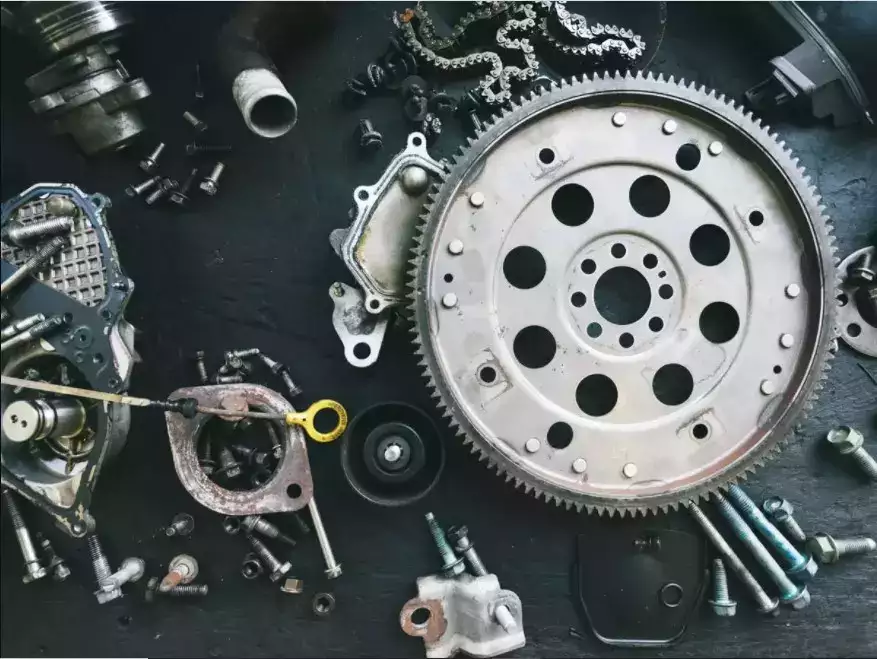 Auto component industry.
Auto component industry.There were some important takeaways from the 64th annual convention of the Automotive Component Manufacturers Association of India (ACMA) held in New Delhi on Monday, September 9.
“From our point of view, what was especially welcome was the fact there were four ministers who came to the event. This by itself was a reflection of their confidence and commitment to the auto component
sector,” a top CEO told ETAuto.
He was also delighted that it was for the first time that the Centre, through its ministerial representation at the event, sent out a clear signal that as long as the technologies adopted by the industry helped
in the cause of import substitution on a national level, it “could not care less”. The underlying message was this: ‘let the consumers decide and we will support this sector.’ This, according to executives present, was a stark difference from previous conventions where the directive would sometimes border on a subtle threat as if to suggest ‘you had better pull up your socks or else’.
There have also been occasions when the industry was on tenterhooks about issues like the fuel roadmap, for instance, simply because there was no clearcut policy in place and just grandiose announcements
instead. This time around, the mood was distinctly more reconciliatory and friendly with a greater sense of participation.
Global impactThe other clear directive from the Centre at this session was that the auto component industry had to make a global impact for which a “very big collaborative effort” was needed where the OEMs would also contribute to the cause. The top managements of the auto component industry distinctly perceived that the policymakers were now going all out to support this global drive which was an imperative if companies
had to make an impact worldwide.
“We know well that this is not going to happen overnight but feel encouraged by the fact that the momentum is now in place with a clear signal of intent from the Government,” another industry official added. Over the years, there have been some big players who have made their global moves aggressively — the Motherson group is a case in point — and are reaping the dividends.
The extra push being given is also a result of the overwhelming presence of China where it is making news lately thanks to its overwhelming presence in the electric vehicle arena. Relations between the two countries have taken a nosedive in recent years when hostilities began along the border at a time when the world was grappling with the pandemic.
China plus one
It was this blatant show of aggression that prompted Indian industry to adopt the China plus one policy where the objective was to look at alternative sourcing destinations while striving to achieve self-sufficiency. Whether the desired results have been achieved is a million dollar question but the fact remains that the Centre is also striving to walk the talk by way of its PLI scheme and offering subsidies to the EV industry.
Relations between India and China continue to be fraught with tension but the fact also remains that it is now our largest trading partner which pretty much puts the context of dependence in perspective.
Clearly, being part of the global supply chain is important for India but its policymakers have also realised that the country needs to be able to stand on its own too.
“Make no mistake, China will also be wary of India because it still remains its closest rival in terms of being an emerging superpower in some areas,” said an industry official. The auto component industry has also grown by leaps and bounds over the last two decades and now faces new frontiers in a world that is
marked by volatility.
“Geopolitical uncertainty will continue as evident in parts of Asia, Africa and Europe. However, that should not stop us from going the extra mile and boosting our global presence. The Government is solidly
backing us and that by itself is more than assuring,” added the official.
